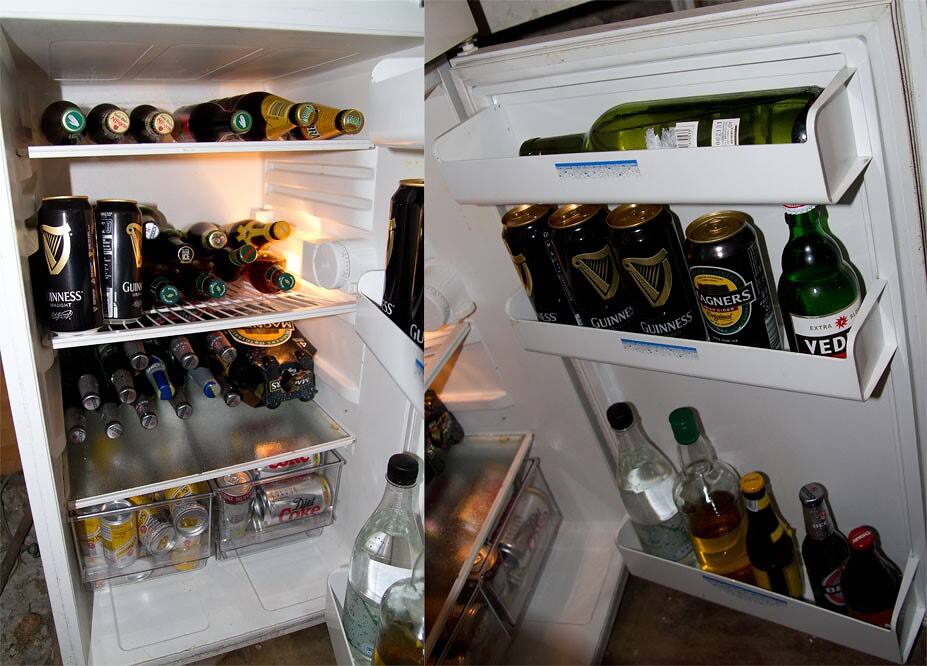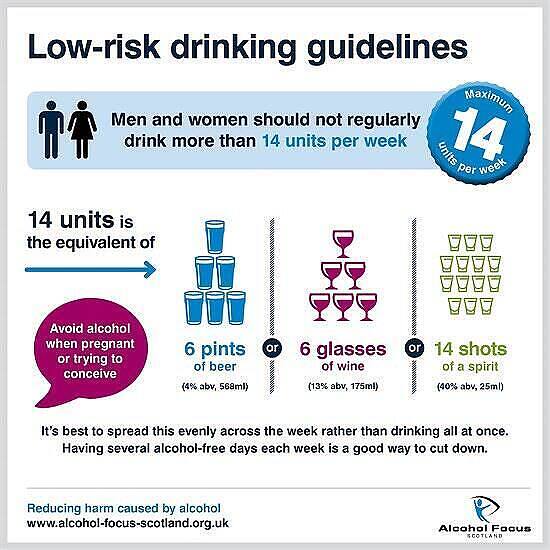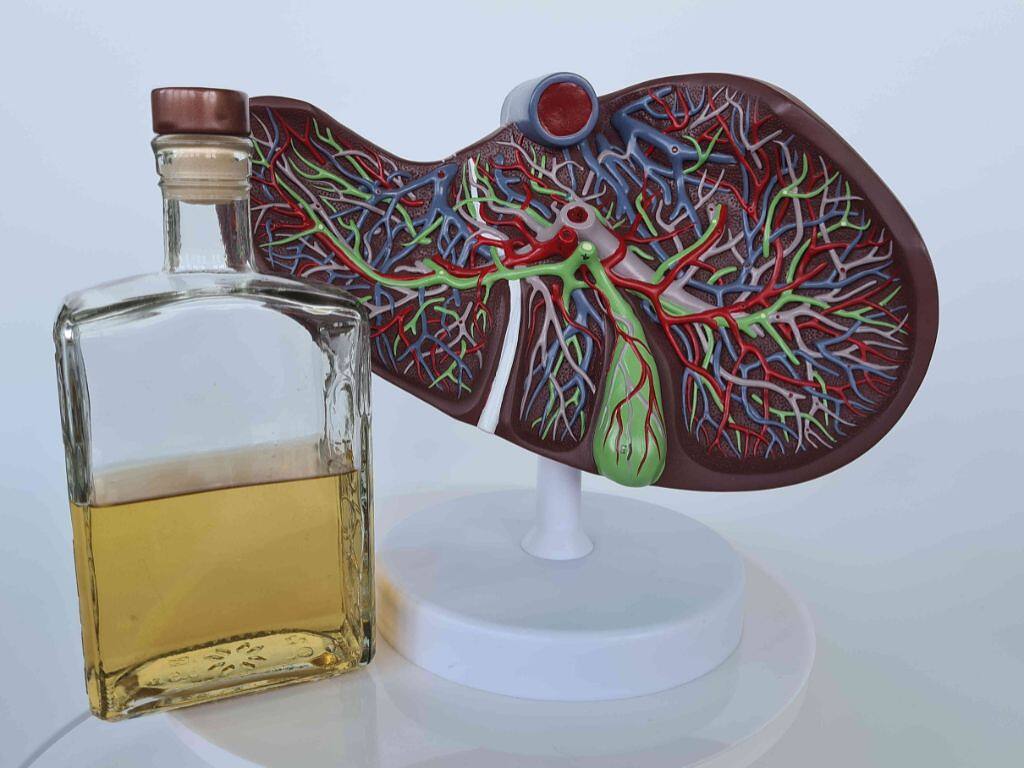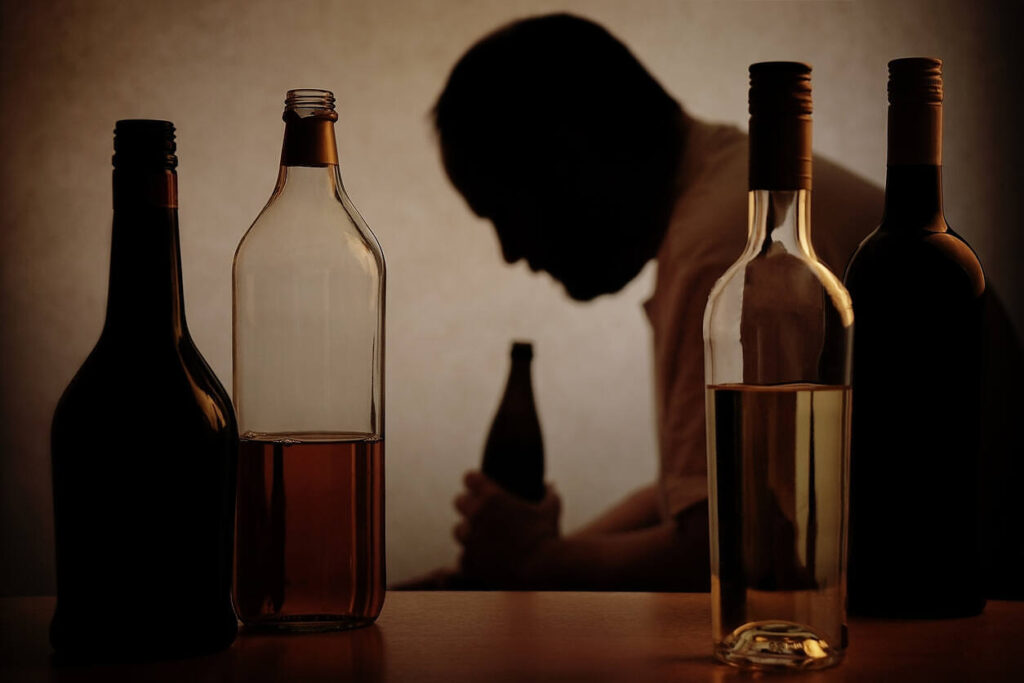In 2020, there were 5,460 alcohol-specific deaths in England and Wales. This is a 16.4% increase compared to the year before. With this statistic, we can assume that the number of people drinking has increased.
What is the cause of this increase? During lockdown and the Covid pandemic people’s routines and anxiety levels may have altered and their drinking levels with it.
The number of people drinking in the UK rose as rumours of lockdown occurred. During Covid, alcohol sales in the UK heightened.

People Drinking During Lockdown
There isn’t much to do when you are in lockdown in the UK. Globally, the lockdown led to many people drinking more alcohol than before.
The number of people drinking in the UK rose as rumours of lockdown occurred. During Covid, alcohol sales in the UK heightened.
It was unclear whether or not people were drinking more or if they were stocking up just in case there was a shortage. In a new alcohol study, Alcohol Change UK helped answer questions. The survey was weighted so that the numbers represent the UK as a whole.
The alcohol survey results found that changes in drinking occurred because of the pandemic. However, drinking habits went in two directions.
Covid & Alcohol – The Numbers
Around 3/4 of the 2,000 people surveyed said they drank alcohol before the lockdown happened. Out of those people, one in three of them reduced the amount of alcohol they drink or have stopped drinking entirely.
21% of the people surveyed said they drink more alcohol during the Covid pandemic. This percentage amounts to 8.6 million adults in the United Kingdom.
Half of the drinkers from the survey said they drink the same amount as they did before lockdown happened. However, 15% say they drink more than before.
The people who are drinking more often tend to drink more on a typical day. Yet, this is not the case for everyone as the data suggests.
Those who drank less often before lockdown have slowed their drinking down during the lockdown. Only 17% of daily drinkers have stopped drinking or cut down. Other daily drinkers, 18% of them, have increased the amount they drink.
How This Affects Drinking Habits
Does this trend affect drinking habits in the UK? The answer is yes as habits aren’t easy to break.
Drinking during COVID-19 can turn into risky levels of drinking.
Many turn to alcohol as a stress reliever. This is especially true during pandemic times because there is a lot of uncertainty. Although drinking may seem helpful in the short term, it can have negative effects on mental health.
Drinking more can be dangerous when you are alone or living with others. Drinkers included in the survey were asked about their home life during the lockdown.
7% of respondents said that alcohol heightened tension in the household. Because this number is weighted, we can assume that over 3.5 million adults are struggling with tension problems due to alcohol in the UK.
Some people felt that alcohol reduced tension from COVID-19 in the home. That number was significantly smaller as only 4% felt that way.
Alcohol can cause problems in the household for adults and children. Being stuck at home tend to make things worse. Many children in the UK live with an alcohol dependent carer/parent already.

Are People Managing Their Alcohol Content?
Only 38% of people that have drunk alcohol at any point during the lockdown are taking steps to manage their alcohol content. This data proves that people are aware of how being in a lockdown can cause them to drink more often.
During the lockdown, 6% of people stopped drinking entirely to avoid negative consequences. 4% of those that kept drinking looked for advice online to cope, including some visiting remote support groups.
Other less common ways people managed their drinking were through online counselling and downloading apps that monitor alcohol intake.
If you are trying to decrease the amount you drink or take a detox altogether, Detox Plus UK can help. We have different remote resources such as sobriety motivation.
The Bottom Line
Coronavirus drinking habits could have gone either way. Some decided to stop drinking or decrease their intake, others have begun to drink more.
Alcohol changes the chemicals in your brain by slowing the brain and central nervous system down. You may feel less anxious or confident fast, but the feeling does not last. Alcohol works as a distraction to what is actually going on around you.
As chemical changes happen in the brain, there is a risk of negative feelings. Long-term drinkers could end up experiencing depression, anxiety, aggression, or anger.
Those drinking during the lockdown may have a permanent hangover without realising it. If you notice that it’s harder to stay motivated and the way you feel every day has changed, you should start to manage your drinking.
Managing alcohol intake, especially during these times, is important to mental and physical health. You may be able to cut down or quit completely on your own. If not, there are plenty of resources for support.
Considering Alcohol Treatment?
The lockdown may have you considering if you need alcohol treatment. Every individual and program is different so it is important to find the right treatment for you. As the number of people drinking increases, we should see a rise in the number of people getting aid.
With the help of Detox Plus UK, the support you need will be established. Contact us today for advice, resources, and much more.



